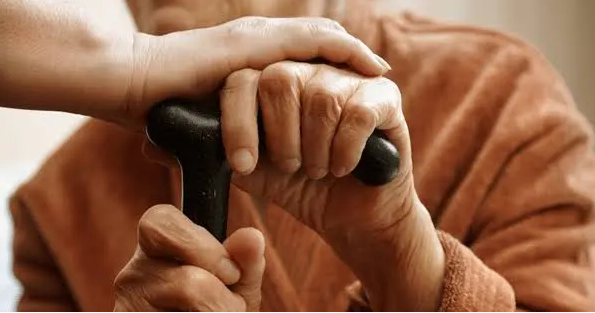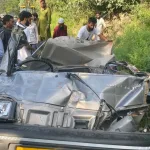FADING BONDS
The concept of old age homes, or retirement homes, has become increasingly prominent in contemporary society due to evolving family dynamics, rapid urbanization, and changing lifestyles. These facilities are designed to offer care, companionship, and support to elderly individuals who may no longer have access to such comforts within their family or community settings.
Old age homes provide a structured environment, complete with medical care, recreational activities, and opportunities for social interaction. They serve as a sanctuary for those facing challenges like loneliness, neglect, or difficulties in managing daily tasks independently. However, the emergence of this concept also mirrors broader societal changes, such as the decline of traditional joint family systems and the pressures associated with modern career demands.
Apart from all this, in Kashmir, a region often celebrated for its cultural and social ethos, the idea of old age homes has historically been viewed as antithetical to its values of respect and dignity for elders. Traditionally, Kashmiris have taken pride in their unique cultural fabric, which strongly emphasized familial bonds and elder care within the household. It was widely believed that the existence of old age homes would be unnecessary in such a society.
Despite these cultural assurances, a darker reality has surfaced. The emergence of old age homes in Kashmir signifies a troubling shift in societal priorities. Unlike structured old age homes elsewhere, where employees often serve as surrogate family members to the elderly, the local adaptation has taken on a disheartening form. Some elderly individuals are left without basic care or companionship, effectively abandoned by their families.
This phenomenon, though not widespread, has deeply affected those who fall victim to it. Many such cases involve parents who devoted their lives to raising children, only to find themselves forsaken after their children secure successful careers. Often, under the pretext of safeguarding the future of their immediate families, these individuals migrate to distant locations, leaving their parents behind in ancestral homes.
For elderly parents who attempt to migrate with their children, the challenges persist. Adjusting to new environments often leads to depression and a sense of displacement. Many struggle with feelings of being burdensome, eroding their sense of self-worth and connection to their children. In the past, elderly family members were regarded as a source of hope, with their life experiences serving as a vital resource to help us navigate challenges. Their wisdom acted as a guiding force, making our lives easier and more meaningful.
Unfortunately today, in many families, the situation is shifting. The elderly are often overlooked, their valuable experiences dismissed, and they are sometimes seen as burdens, rather than respected contributors to the family. The belief that their experiences are irrelevant in the face of modern technology is a misconception. In truth, their knowledge and struggles can still profoundly impact and improve our lives.
In today’s world, despite being well-compensated professionals or successful business owners, many people—especially the so-called “new generation”—are burdened with psychological and financial stress. This raises a critical question: why, despite having substantial financial resources, are we facing such trauma? Conversely, our senior family members, often with modest incomes, seem to have been able to avoid such stresses.
Have we ever stopped to consider that despite having access to the best technology and conveniences, we are still unable to care for our loved ones in the way our elders did? They managed to maintain deep familial connections and a sense of humanity, which appears to be fading in today’s materialistic and tech-driven world. If life continues to rely solely on technological gadgets, we may soon find ourselves ashamed of our own humanity.
To address this growing issue, it is crucial to adopt a balanced approach. Policymakers, communities, and families must work together to preserve the dignity and well-being of the elderly. This can be achieved by strengthening family ties, fostering supportive community programs, and enhancing institutional care. Every effort must be made to ensure that the elderly continue to be valued members of society.
Kashmir’s rich cultural heritage has long championed respect for elders. Reaffirming these values in the face of modern challenges is not just a societal duty but a moral imperative. To make humanity a source of pride, we must respect our elders, value their experience, and never abandon them in the pursuit of showcasing ourselves as modern individuals.
(Author can be mailed at: [email protected])







